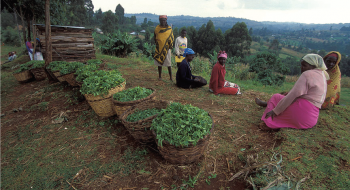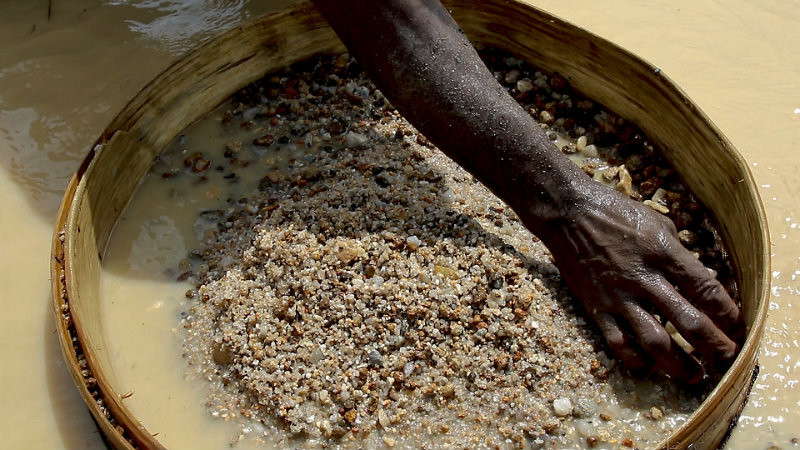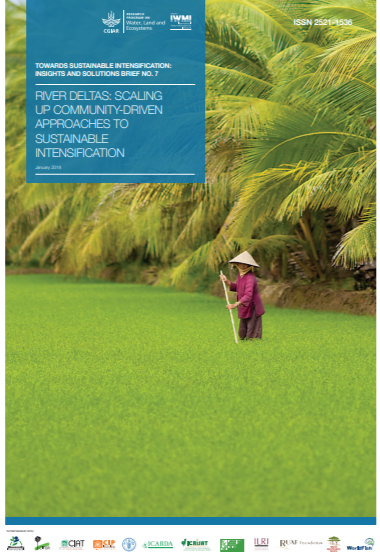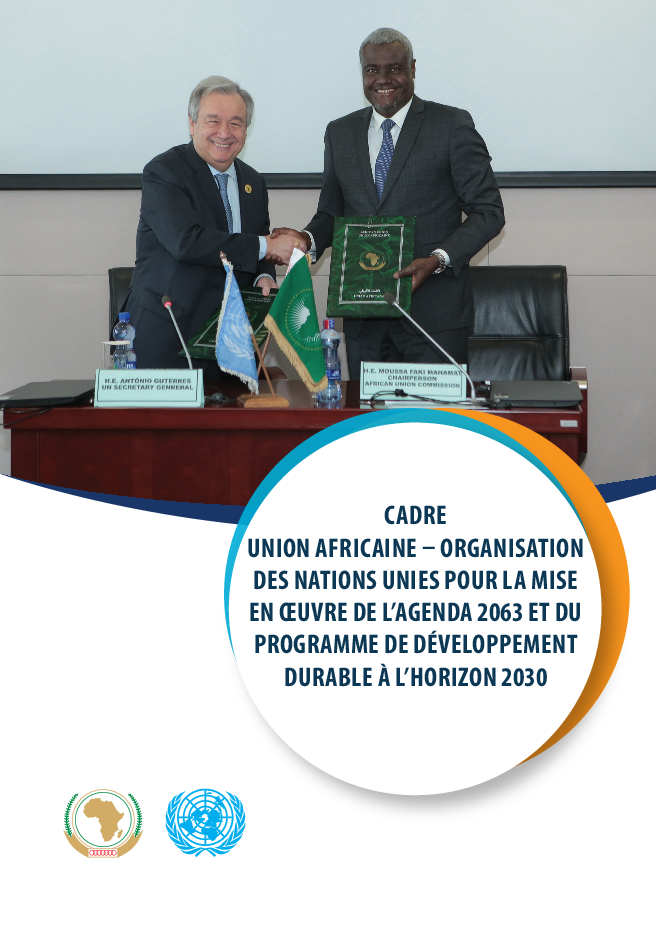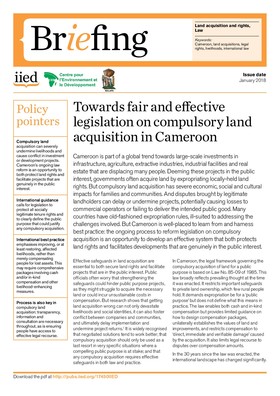World Bank: Restoring Landscapes and Resilience in Burundi
Burundi’s economy is dominated by small-scale agriculture practiced on the slopes of hills and mountains. The burgeoning population and an overwhelming reliance on natural resources by 90 percent of the population have both caused aggravated environmental degradation. The recent World Bank Country Environment Analysis estimates that each year, almost 38 million tons of soil is lost and land degradation cost 4% of the country’s GDP. Soil erosion worsens Burundi’s socioeconomic situation, and particularly affects the poorest.

